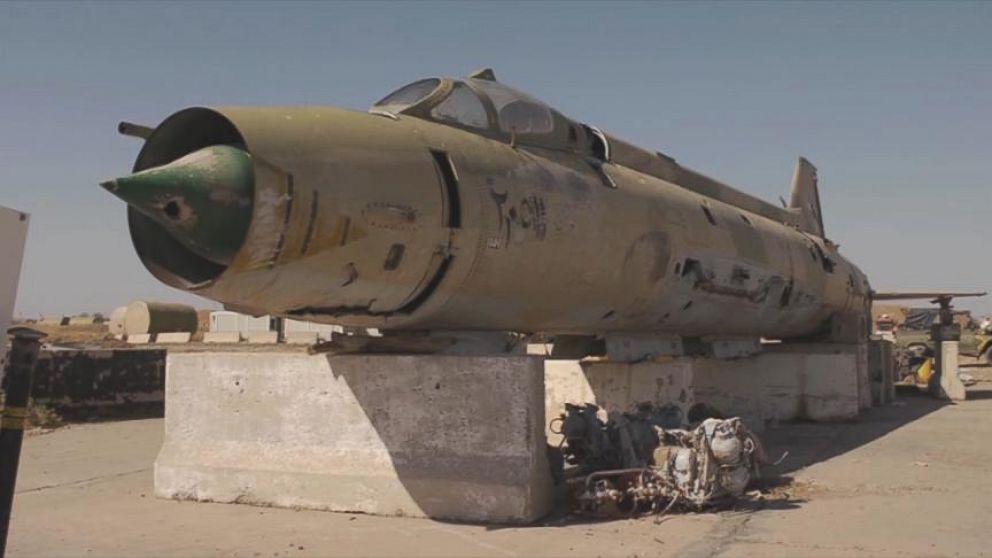Here come the 797 and things are becoming a serious matter for Boeing. Delta has no Airbus player in place for this much-needed class of airplane and Boeing is going to offer an NMA solution soon. Delta has lost its leverage over Boeing when using Airbus for pricing value. Only a new offering and launch customer status could give Delta some bargaining chips on the table and that is why the Boeing NMA will have a North American NMA launch customer with Delta Airlines. Further examination of Delta's fleet and order book suggests the Boeing NMA will slide in neatly with the current Delta fleet. An Authorization to Offer (ATO) is pending
CAPA Photo chart for Delta Airline fleet Type by Model/Maker
The Delta Gap is found with its older 757 and 767 models which it has 219 Boeing frames on the flight line, and is a natural slot for the 797 model. Airbus has 100 A321 represented in Delta's backlog and has deferred 10 of its A-350 backlog a smidgeon until 2019 and 2020 delivery slots.
Delta has 41 Airbus widebody and it could defer some of its A-321 order books once Boeing's NMA issue is solved. A suspicion is Boeing and Delta are collaborating on an NMA design as a Delta ordering sweetener. The two big launch customers are each coming from Asia and North America. Delta has over two hundred frames open for an NMA slot and a reduction of the A321 backlog by 25% is not inconceivable. An order for 200 NMA's and 100 options from Delta is a real possibility. A launch customer announcement would disrupt both American's and United's flight plans.
The entry into Service date having an ATO in 2018 would place the initial NMA's batch into customer's hands by 2026, at the earliest. A second suspicion is Boeing is further along with the NMA program process than what is assumed by all aviation insiders at this time. The design is almost off the CAD board and customers are tentatively lined up where it is known what Boeing proposes is a firm concept. The process has progressed to a promising stage, "if you do this we'll do this", status. The big hold up is the institutional phase of build capacity, supplier commitments, and most of all the engine program stage. Does Boeing have a workable engine from its group of suppliers? Other hold-ups are also institutional in manner referring to financing, and cash flows before announcing. Can Boeing avoid a 787 deferred costs debacle it had with the 787 program?
All-in-all, Boeing is very busy crossing the T's and dotting the "I's" for this ATO. Every day a check item is completed and launch customers are informed if any program checks alter the original design offering since the customer verbally or by memo agreed with the original concept proposal. The normal but stressful business stuff is happening at an ever-increasing pace culminating with an all-in shout out from Boeing, usually happening at a big airshow.



